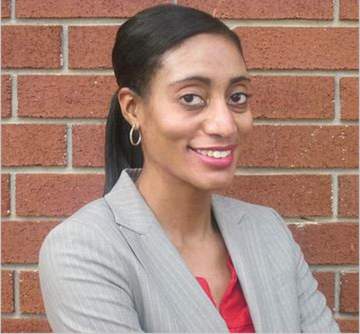Jayme Blaschke | April 25, 2022


Aimee Roundtree, professor in the Department of English and associate dean for research and promotion at Texas State University, is one of the lead authors on a new Artificial Intelligence for Children Toolkit published by the World Economic Forum.
The toolkit may be accessed at www.weforum.org/reports/artificial-intelligence-for-children.
The toolkit is designed to help companies develop trustworthy artificial intelligence for children and youth, and for parents and guardians to better understand AI.
“AI technology is rapidly developing and having a profound impact on children and youth. Responsibly designed and child-centric AI can educate and empower children and youth while mitigating the potential risks posed by the technology," said Mohamed Kande, vice chair of U.S. Consulting Solutions and co-leader and global advisory leader at PwC. "PwC is proud to have worked with the World Economic Forum to develop the AI for Children Toolkit, which provides frameworks and guidance to help companies become leaders in trusted and responsible AI."
Children and youth are surrounded by AI in many of the products they use in their daily lives, from social media to education technology, video games, smart toys and speakers. AI determines the videos children watch online, their curriculum as they learn, and the way they play and interact with others.
The toolkit, produced by a diverse team of youth, technologists, academics and business leaders, is designed to help companies develop trustworthy AI for children and youth and to help parents, guardians, children and youth responsibly buy and safely use AI products.
"The future will be full of uses of AI and so it is essential that children and the adults who care for them prepare them for that future," said Kay Firth-Butterfield, head of AI and machine learning at the World Economic Forum. "They need to learn what AI can do and they need to understand how it is used in society, but they also need to learn from AI-enabled machines and will live their lives beside one, as children (learning and childcare), as adults (as workmates), and as older people (care devices). This is a huge step forward to give careers, businesses, and children a guide to take forward that required understanding."
Share this article
For more information, contact University Communications:Jayme Blaschke, 512-245-2555 Sandy Pantlik, 512-245-2922 |
